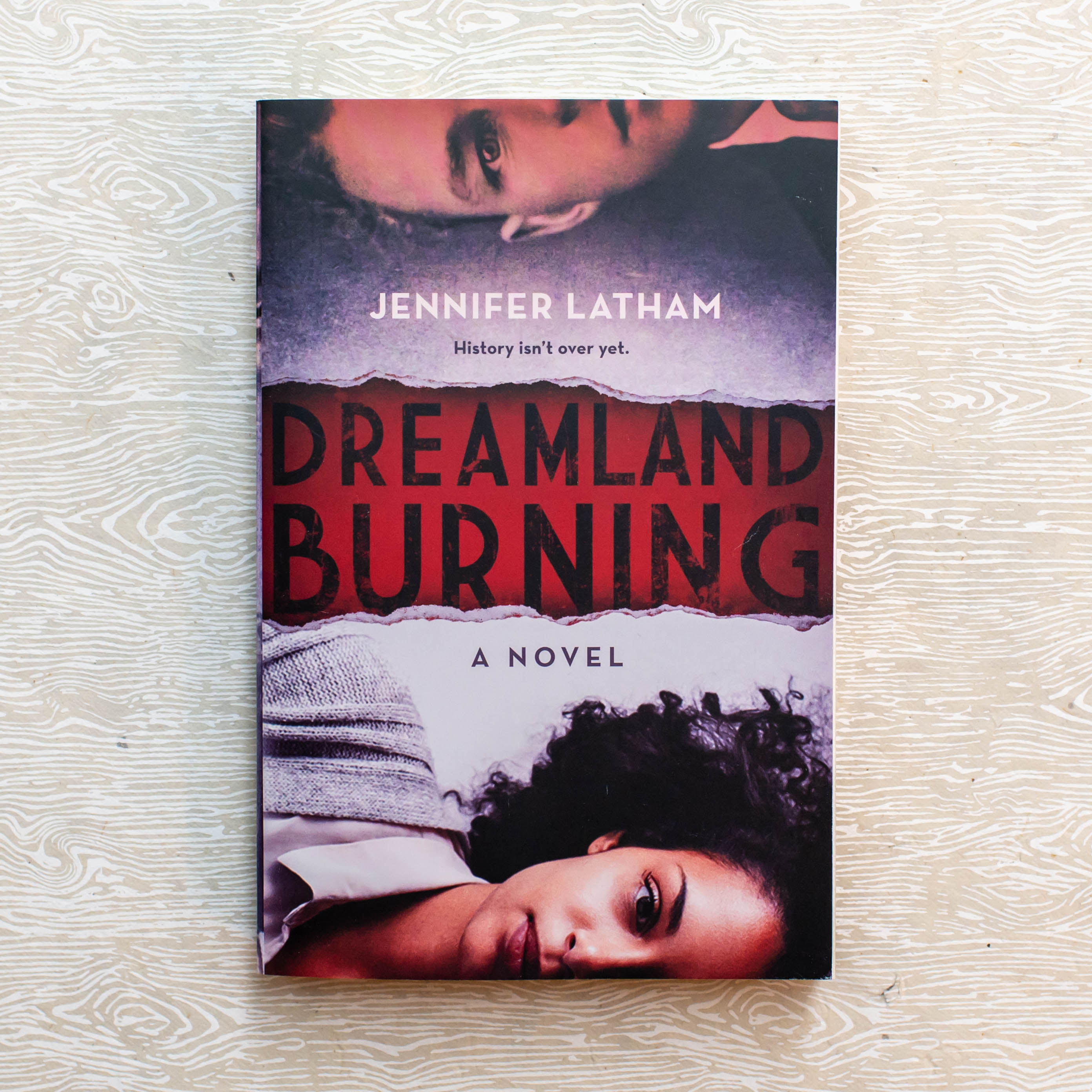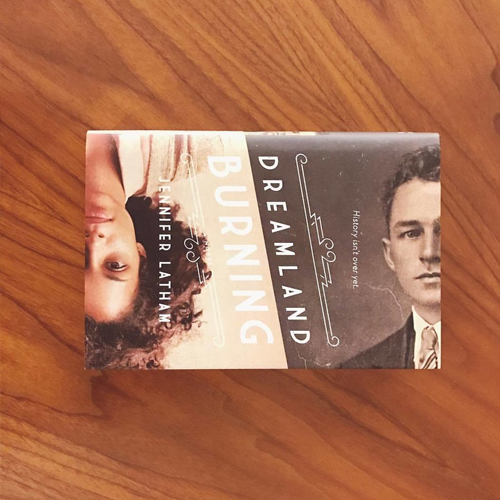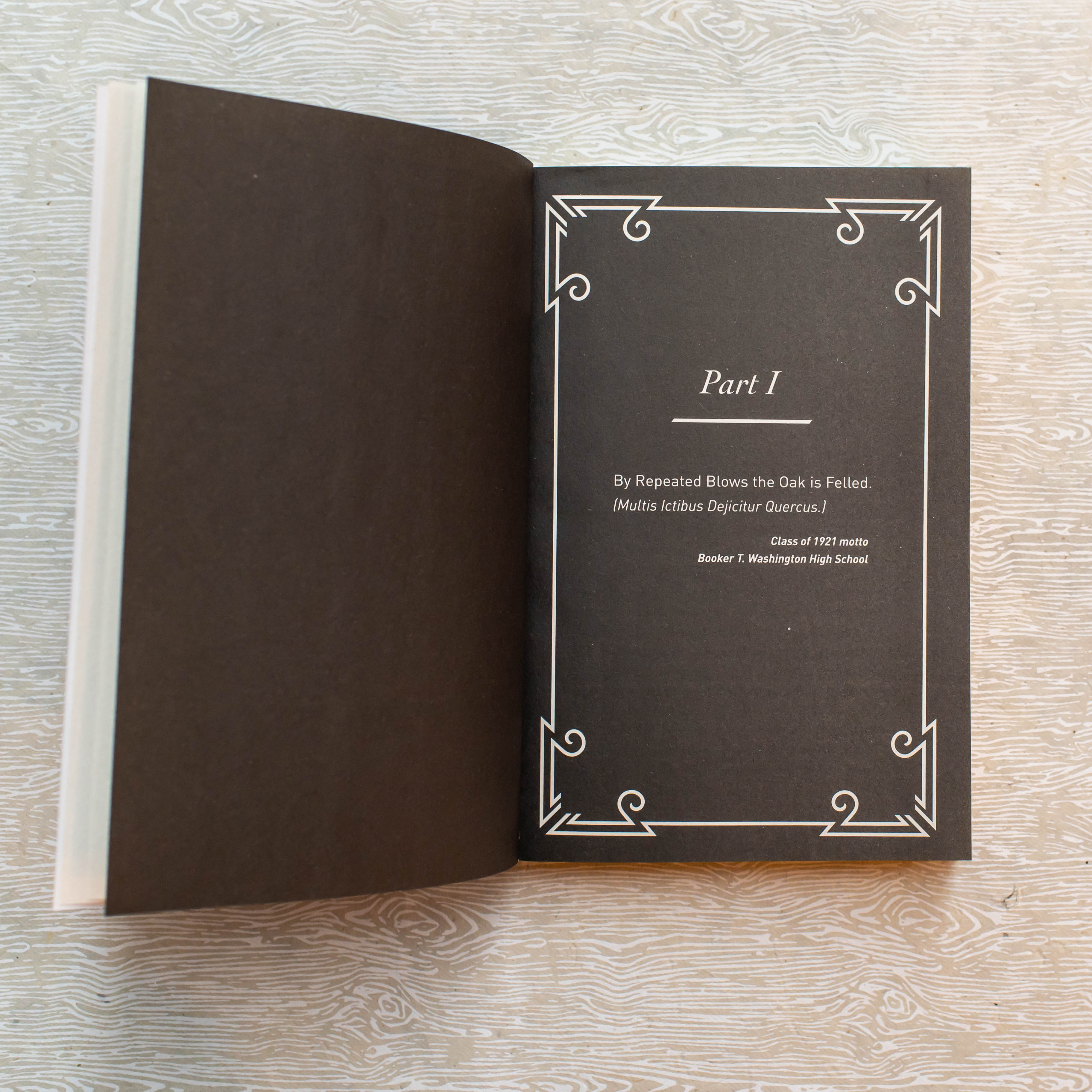Dreamland Burning
Contributors
Formats and Prices
Price
$11.99Price
$15.99 CADFormat
Format:
- Trade Paperback $11.99 $15.99 CAD
- ebook $8.99 $11.99 CAD
- Hardcover $36.99 $46.99 CAD
- Audiobook Download (Unabridged)
Also available from:
A compelling dual-narrated tale from Jennifer Latham that questions how far we’ve come with race relations.
Some bodies won’t stay buried.
Some stories need to be told.
When seventeen-year-old Rowan Chase finds a skeleton on her family’s property, she has no idea that investigating the brutal century-old murder will lead to a summer of painful discoveries about the present and the past.
Nearly one hundred years earlier, a misguided violent encounter propels seventeen-year-old Will Tillman into a racial firestorm. In a country rife with violence against blacks and a hometown segregated by Jim Crow, Will must make hard choices on a painful journey towards self discovery and face his inner demons in order to do what’s right the night Tulsa burns.
Through intricately interwoven alternating perspectives, Jennifer Latham’s lightning-paced page-turner brings the Tulsa race riot of 1921 to blazing life and raises important questions about the complex state of US race relations–both yesterday and today.
- On Sale
- Feb 20, 2018
- Page Count
- 400 pages
- Publisher
- Little, Brown Books for Young Readers
- ISBN-13
- 9780316384902
About the Author

Jennifer Latham is an army brat with a soft spot for kids, books, and poorly behaved dogs. She’s the author of Scarlett Undercover and lives in Tulsa, Oklahoma, with her husband and two daughters.
Peek the Audiobook
#DreamlandBurning



On the Blog
-

Historical Fiction to Read Based on Your Zodiac Sign
-

Historical fiction for every kind of reader
-

Historical fiction to feed the part of your soul that just wants to dress up in a fancy gown and stare out a window forlornly
-

7 Audiobooks That Will Fill Your Ears with Heavenly Sounds
-

Historical Fiction That Will Take You Back in Time
By clicking ‘Sign Up,’ I acknowledge that I have read and agree to Hachette Book Group’s Privacy Policy and Terms of Use


